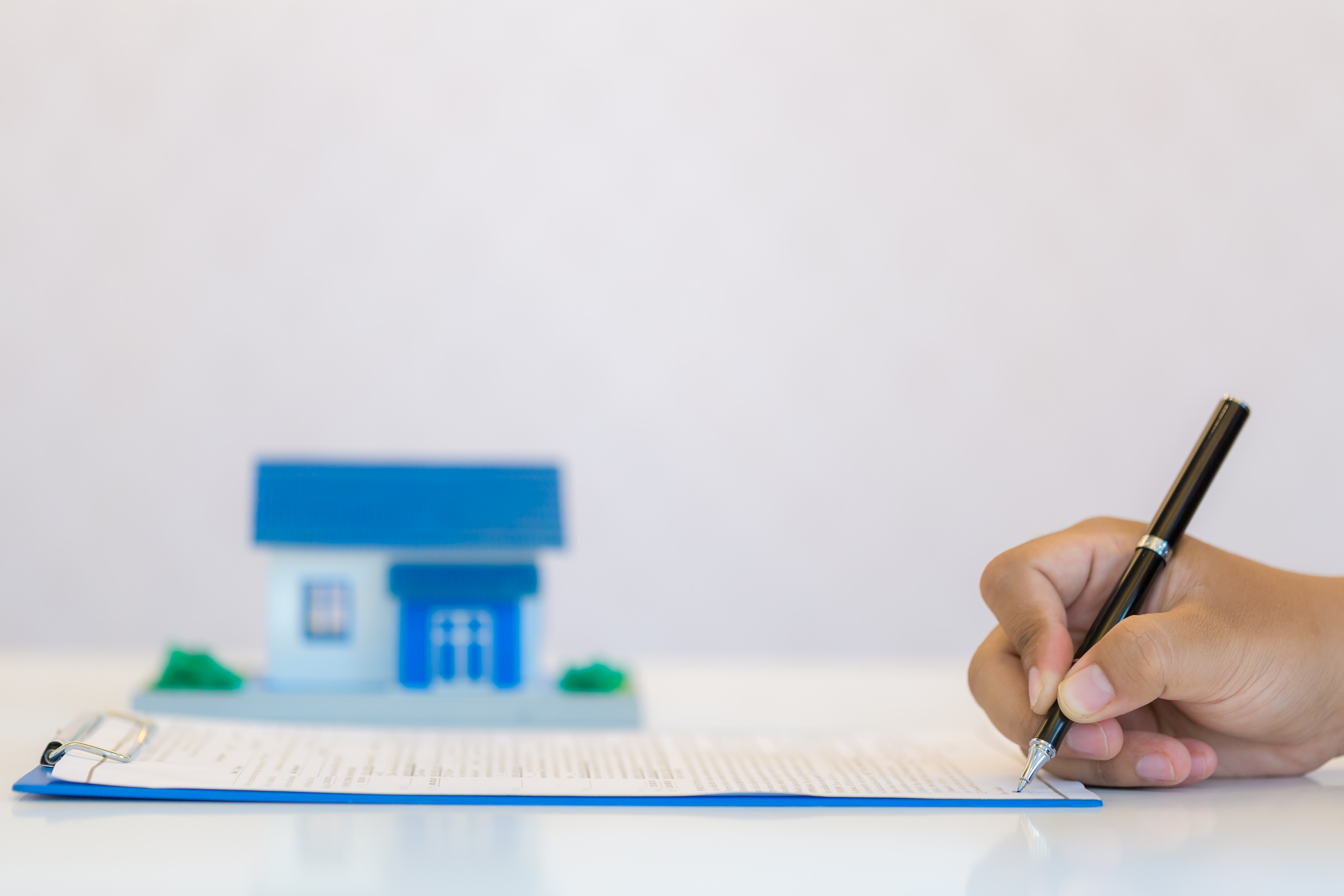
Homeowners insurance offers critical protection for your biggest investment—your home. But as your policy’s expiration date approaches, one important question may come to mind: Does homeowners insurance automatically renew?
The answer is usually yes, but there’s more to it than a simple yes or no. In this blog, we’ll explain how homeowners insurance renewal works, what to expect, and what steps you should take before and after renewal.
What Is Homeowners Insurance Renewal?
Homeowners insurance renewal is the continuation of your current insurance policy for another term—typically one year. Your insurance provider reviews your policy before the end of your term and then offers you the option to continue coverage, sometimes with changes to rates or terms.
Does It Automatically Renew?
In most cases, yes. Homeowners insurance policies are designed to automatically renew unless:
- You notify the insurer that you want to cancel.
- The insurer decides not to renew (due to claims history, risk factors, or other underwriting reasons).
- A payment is missed or the automatic billing setup fails.
Automatic renewal helps ensure there’s no lapse in coverage, which is especially important if your mortgage lender requires you to maintain active insurance.
What Happens During the Renewal Process?
Here’s what typically happens as your renewal date approaches:
- Policy Review: The insurance company evaluates your claims history, property changes, and updated risk assessments.
- Premium Adjustment: Your premium may go up or down depending on inflation, local rebuilding costs, recent claims, or discounts.
- Renewal Notice: You’ll receive a renewal declaration page or notice about 30–60 days before the expiration date.
- Automatic Charge: If you’re enrolled in autopay or escrow billing, the new premium is automatically paid.
What Should You Do When Your Policy Renews?
Even if your homeowners insurance renews automatically, that doesn’t mean you should ignore it. Here’s what to do:
- Review Your Coverage: Made renovations, added a pool, or purchased valuables? Your policy might need updates.
- Compare Rates: Use this opportunity to shop around and compare insurance quotes—you might find better coverage or pricing.
- Check for Discounts: Ask about loyalty, bundling, or home improvement discounts.
- Confirm Payment Setup: Make sure autopay or escrow is set up correctly so you don’t accidentally miss a payment.
Can an Insurance Company Cancel or Not Renew My Policy?
Yes. While auto-renewal is standard, insurers can choose not to renew your policy if:
- You've filed multiple claims.
- Your property has become riskier (e.g., due to damage or safety issues).
- You’ve violated policy terms.
They are typically required to notify you in advance (usually about 30 days before expiration).
What If You Don’t Want to Renew?
If you’ve found better coverage elsewhere or no longer need the policy, you can cancel the renewal. Here’s how:
- Notify Your Insurer in Writing before the renewal date.
- Have a New Policy in Place to avoid a coverage gap.
- Confirm Cancellation to ensure you don’t get billed.
If your policy is paid through your mortgage escrow, notify your mortgage lender as well—they need the updated insurance information.
How to Avoid Surprises at Renewal
- Track your policy’s expiration date.
- Ask for a policy review 60 days prior.
- Review your deductible and limits.
- Watch for rate increases or coverage changes.
Is Auto-Renewal a Good Thing?
In general, yes. Auto-renewal protects you from unintentionally going without coverage. However, it’s still important to take control of the process by reviewing your policy each year and making changes as needed.
Final Thoughts
Homeowners insurance usually does automatically renew, providing a seamless transition into the next policy term. But that doesn’t mean you should let it happen blindly. Take a few moments to review your coverage, evaluate new quotes, and make sure your home is protected with the right insurance at the right price.
Whether you're sticking with your current provider or exploring other options, staying proactive about your renewal puts you in control of your home’s financial protection.






